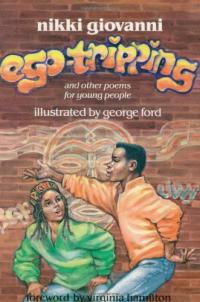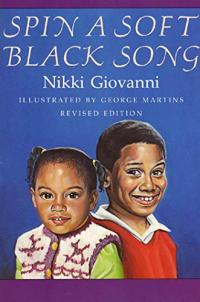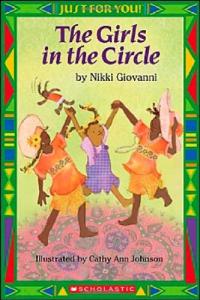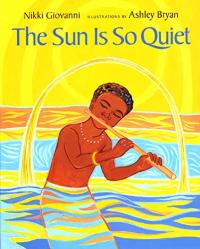
Biography
A prolific and world-renowned poet, Nikki Giovanni is known for being both outspoken and honest. Her work has been viewed as controversial, lyrical, empowering, and personal. The pride she feels at being an African-American, a daughter, a mother, and an educator add an expressive layer of power and depth to her works, which consists of over two dozen books, including volumes of poetry, illustrated children’s books, and three collections of essays. Among her many honors are 22 honorary doctorates, the NAACP Image Award for Literature, and a 2003 Grammy nomination for her spoken-word CD The Nikki Giovanni Poetry Collection. She has even been named “Woman of the Year” by Ebony, Mademoiselle, and Ladies Home Journal. Most recently she became the first ever recipient of the Rosa Parks Women of Courage Award.
A Way With Words
Born Yolande Cornelia “Nikki” Giovanni, Jr. in Knoxville, Tennessee, she was raised in Ohio. In 1960, she entered Fisk University where she became involved in both the Writers’ Workshop and the school literary magazine. After receiving her Bachelor of Arts degree, she organized the Black Arts Festival in Cincinnati. In the late 1960s her involvement with the Black Arts movement had a strong impact on her writing, giving it a sometimes controversial political slant. Several years later, her role as a mother impressed itself on her poetry, resulting in the children’s poetry collections, Spin a Soft Black Song (1971), Ego-Tripping (1973), and Vacation Time (1980). Her recent collaboration with illustrator Bryan Collier, Rosa, is a children’s book about Rosa Parks.
Find this author’s books on these booklists
Themed Booklist
Books for Martin Luther King, Jr. Day
Themed Booklist
Celebrating Abraham Lincoln
Themed Booklist
Celebrating the Poet and Author Maya Angelou
Themed Booklist
Heroes
Themed Booklist
Holiday Buying Guide 2005
Themed Booklist
People Make the Difference: A Celebration of Black History Month
Themed Booklist
Selected Books for December Celebrations
Themed Booklist
Standing Tall
Themed Booklist

















